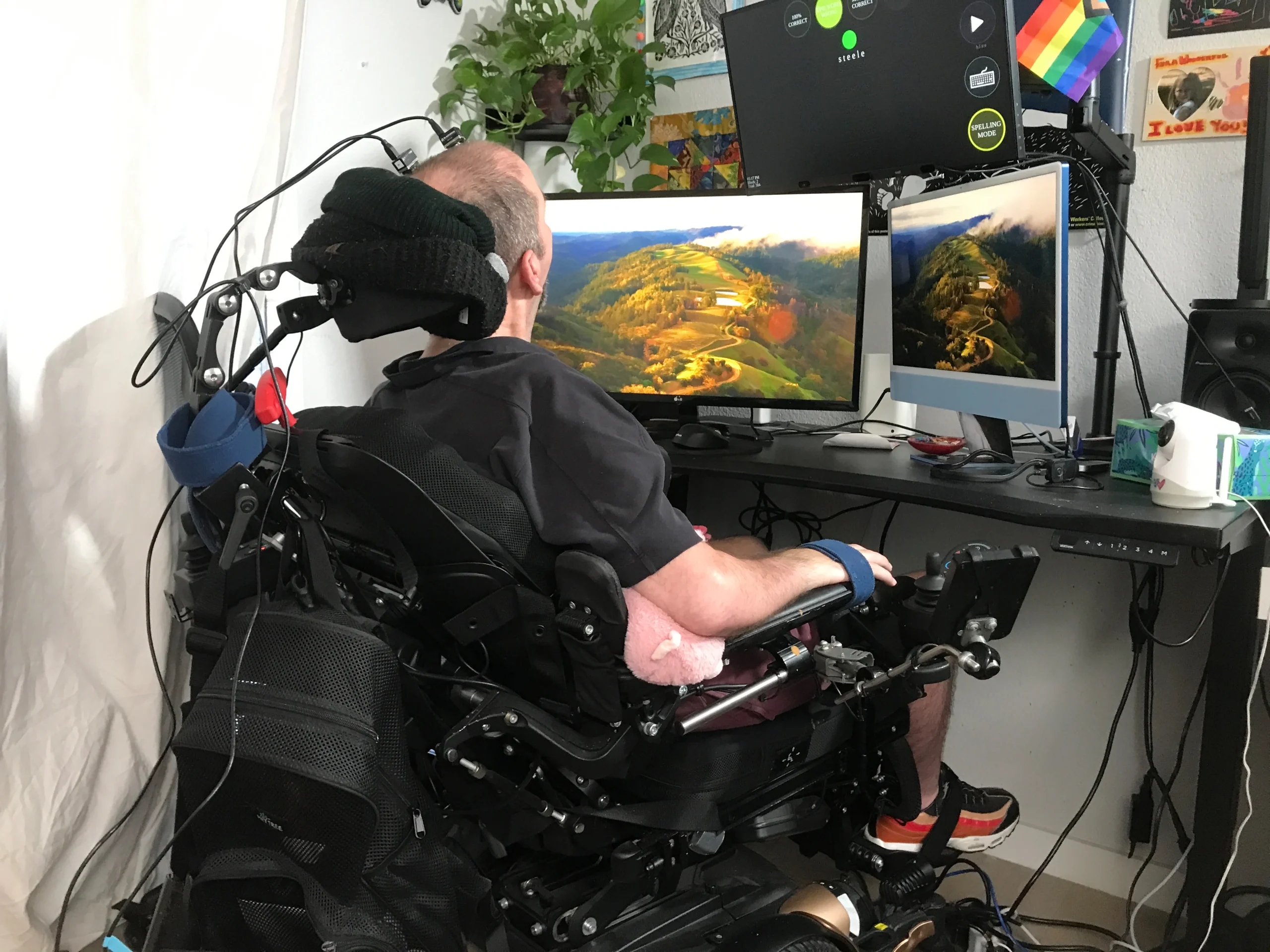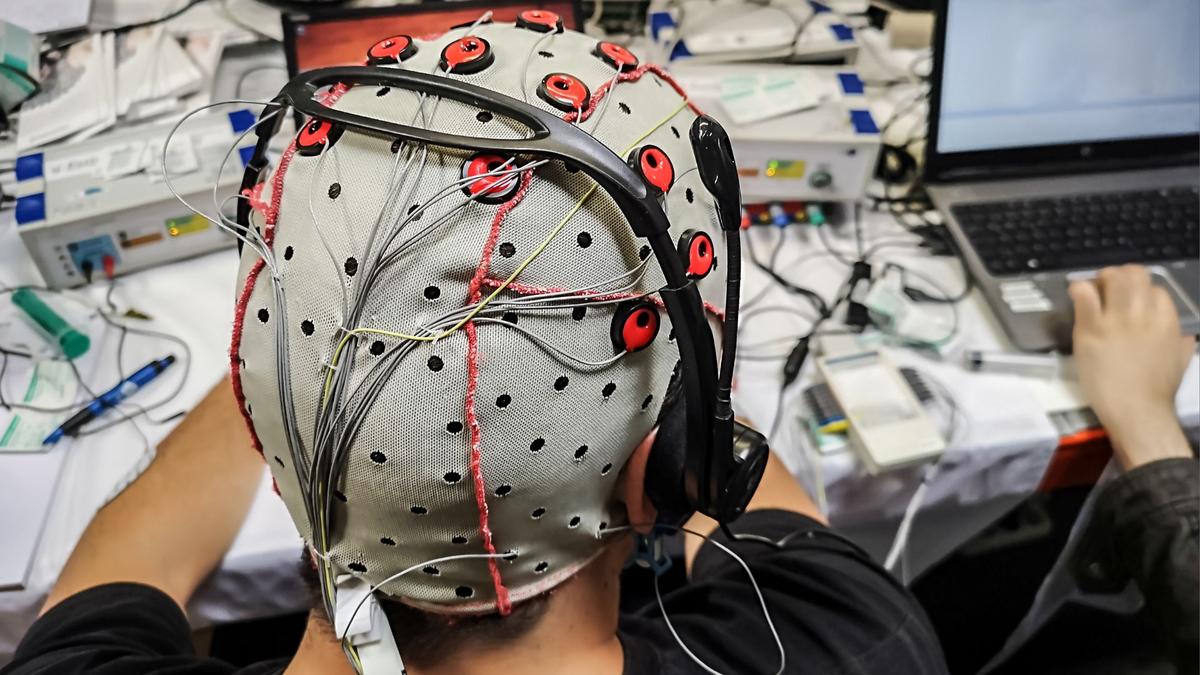Researchers at UC Davis Health have developed a highly accurate brain-computer interface (BCI) that can translate brain signals into speech with up to 97% accuracy. The system was tested on a man with amyotrophic lateral sclerosis (ALS), who had lost most of his speech abilities.
After receiving the BCI implant, the man was able to communicate within minutes, showing how transformative the technology can be for people with severe neurological conditions.
ALS, also known as Lou Gehrig’s disease, progressively affects the nerve cells responsible for movement, leading to loss of muscle control, including those used for speech.
The new BCI technology helps restore communication by interpreting the user’s brain signals into text that can be spoken aloud by a computer. This technology offers hope to people who have lost their ability to speak due to paralysis or other neurological disorders.

The development of the system involved a clinical trial participant named Casey Harrell, who was severely impaired by ALS. He received the BCI implant in his brain’s left precentral gyrus, a region that coordinates speech. The implant contains microelectrode arrays that detect and record brain activity, which the BCI system translates into phonemes and words that reflect the user’s intended speech.
Unlike previous BCI technologies, which were slow and error-prone, the UC Davis system has shown significant improvements in both speed and accuracy.
After just 30 minutes of training, the system achieved near-perfect accuracy for a limited vocabulary and continued to improve with further training, reaching 97.5% accuracy with an expanded vocabulary of 125,000 words. This progress represents a significant step forward in the development of speech neuroprostheses.
The technology not only restores speech but also personalizes it, as in Harrell’s case, where the decoded words were read aloud in a voice that resembled his pre-ALS voice. This was possible through software that used previous audio samples to recreate his voice, making the communication more authentic and meaningful.
The researchers hope that their work will continue to help others who have lost the ability to speak. The study’s participants, like Harrell, have contributed to the development of this life-changing technology, which could restore communication and mobility for individuals with paralysis.
With ongoing advancements, this BCI technology has the potential to significantly enhance the quality of life for many people facing neurological challenges.
